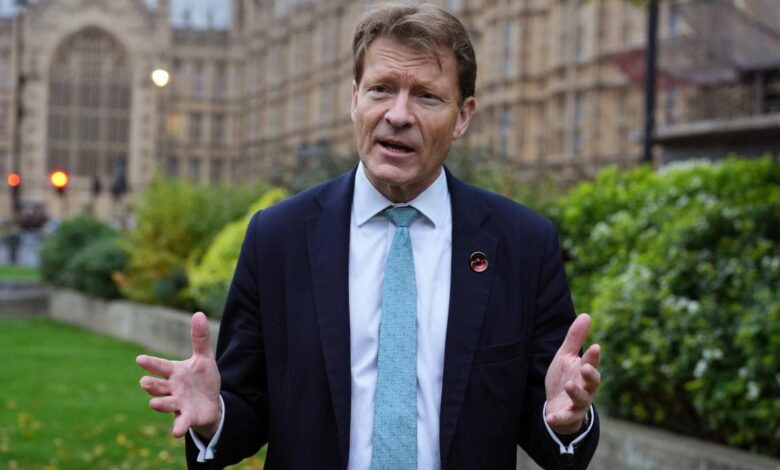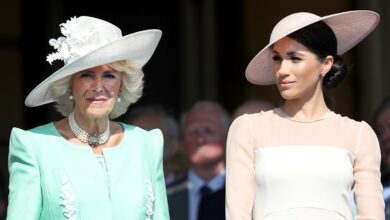
Reform ‘will name alleged Chinese spy linked to Prince Andrew’
Reform UK has said it will name the alleged Chinese spy who had a close business relationship with the Duke of York.
The alleged spy, banned from entering Britain on national security grounds, has been identified only as “H6”, after challenging a decision by two judges to name him.
Pressure is growing for the anonymity order to be lifted, with suggestions he could be named in Parliament as soon as Monday.
H6 has already been identified on social media and by an American news organisation which publishes English-language coverage of Asia.
He was a “close confidant” of the Duke, according to court documents, and was connected to the Chinese branch of the Duke’s Pitch@Palace venture.

Richard Tice, the deputy Reform leader, told The Telegraph: “If he is not named beforehand, we will be looking to use parliamentary privilege later this week.
“The media should be asking: why is this name being protected and covered up? What is the British establishment scared of and trying to hide?
“Just come clean to us all, otherwise it looks like a stitch-up and a cover-up.”
MPs and peers are legally immune from prosecution for breaching the Official Secrets Act, as well as slander and contempt of court, for statements they make in Parliament.
Former Tory leader Iain Duncan Smith claimed on Sunday that Beijing was “laughing” at the UK, with H6 having been named by foreign news sites.
Sir Iain told The Telegraph: “It’s all over the internet and he’s boasting in China and he’s been boasting for ages. We all know that. They’re laughing at us, the Chinese are laughing at us.”

David Davis, the Tory MP and former cabinet minister, agreed that the anonymity order didn’t “seem right”, asking: “Why is his name being withheld?”
Security services investigate
The Telegraph revealed on Friday that security services were investigating donations H6 is believed to have made to the Duke’s business operation.
Proceedings in the Commons on Monday will start with work and pensions questions from 2.30pm but there is a chance an urgent question might be tabled about the alleged spy.
If such a question were granted by Sir Lindsay Hoyle, the Commons Speaker, a minister would be compelled to answer it.
Backbench MPs would be allowed to contribute, and it would be possible for one of them to name H6, using parliamentary privilege.
In 2018, Sir Philip Green was named in Parliament as the businessman at the centre of a sexual harassment scandal.
The Telegraph spent eight months investigating allegations against Sir Philip – who denied any wrongdoing – and the lengths to which he had gone to cover up the complaints.
Shortly after the Russian invasion of Ukraine in 2022, Bob Seely, who was a Tory MP at the time, used parliamentary privilege to name and shame “amoral” British lawyers he said allowed Vladimir Putin’s “henchmen” to silence a free press.
Source link



